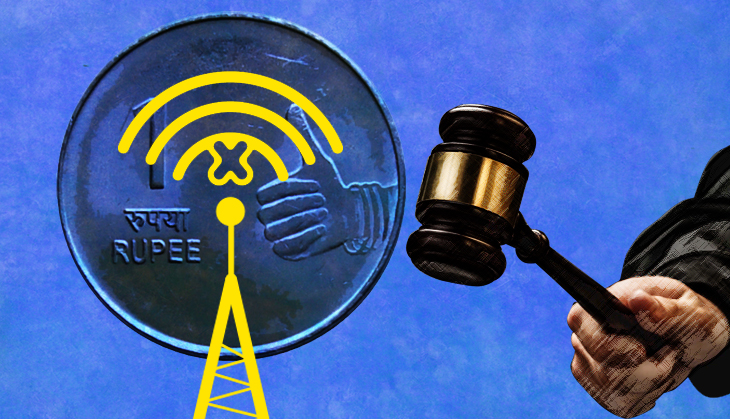Penalty on Telecom companies relaxed as court rules out TRAI’s directive for call drop
What are these issues regarding call drop? Supreme Court struck down the TRAI’s (Telecom Regulatory Authority of India) directive imposing for call drops on telecom operators. Major issue is that a lot of subscribers belong to low income group (wage earners) who recharge for Rs 10 to Rs 20 coupons. A call drop is a pinch in their pockets and eventually they are left with no option but to make another call. This again adds to their misery. To combat such a situation telecom regulator TRAI had proposed to penalize telecom companies at Rs 1 per call drop up to a maximum of three calls a day, to be credited to the calling customers account. It is this infirmity that led to strike down the order as ambiguous.
The Court pointed out that call drops cannot exceed two percent of the calls. The majority of service providers claimed it to be under two percent. TRAI has failed to look into other factors behind the call drop such as paucity of spectrum, radio interference from neighbouring cells, shortage of mobile towers, and problems of clearance from agencies. Faulty handsets and manipulation by consumers add to the call drop issue as well.
The call drop problem is real. Consumers are charged for the full time even when the call breaks in the first few seconds. Operators make gains from this. The court has said that Parliament can enact a call drop compensation rule without detracting from the regulatory powers of the TRAI. TRAI needs to grant more spectrum and mobile phone towers to the telecom companies. A lot of issues might arise, such as resistance from locals to installing of tower and clearance from local authorities. These needs consideration and good consultation. It is time that telecom companies take responsibility for any deficiency of service because the consumer wants a solution and not compensation.




